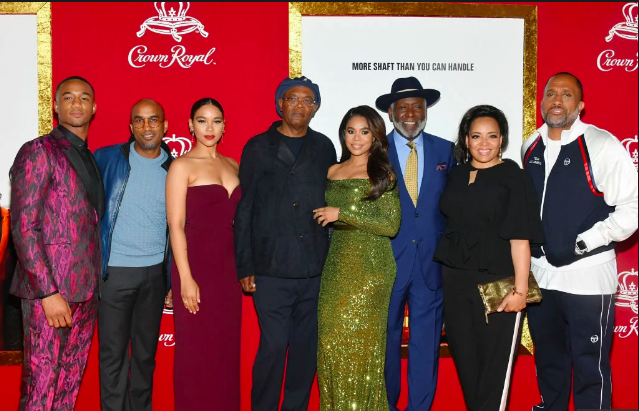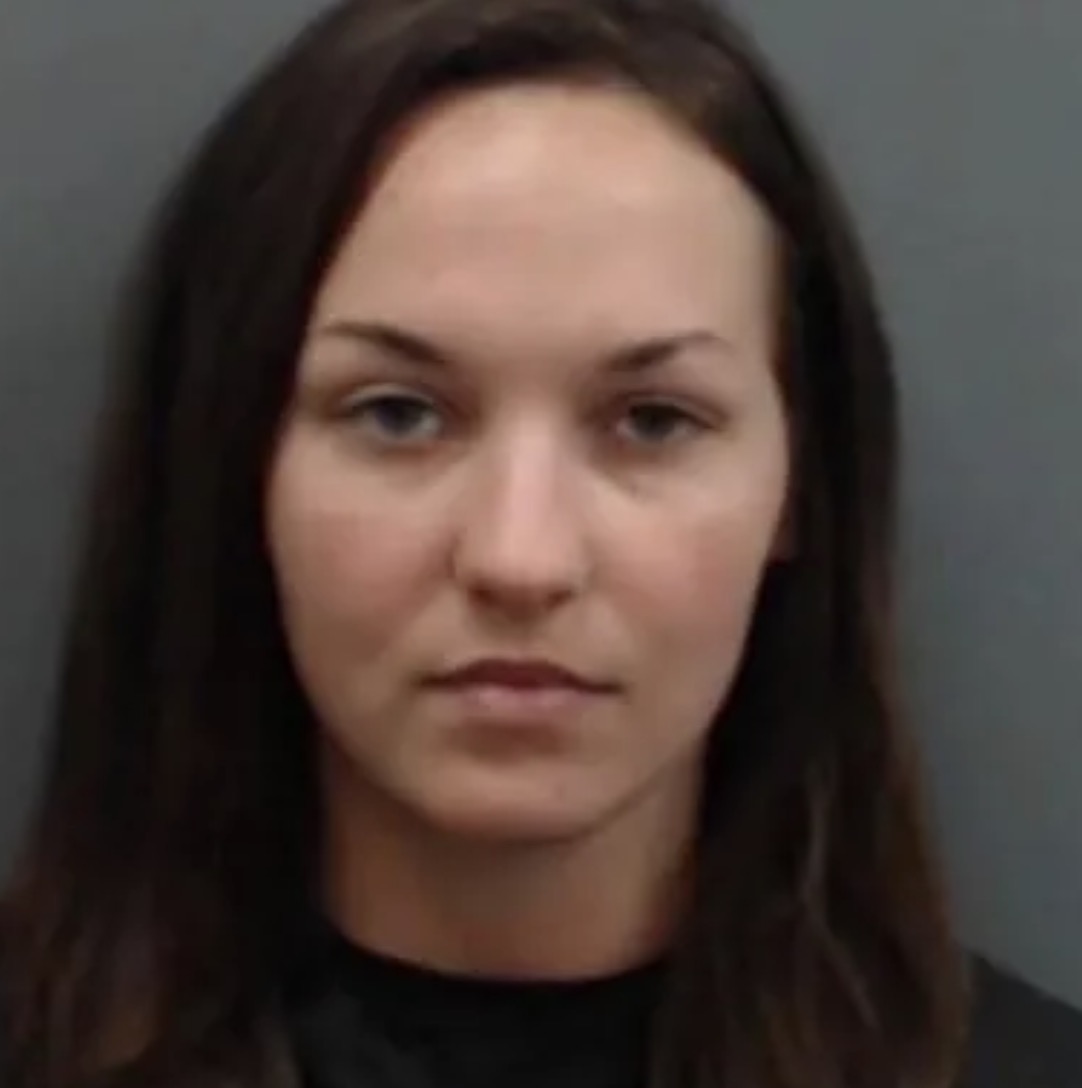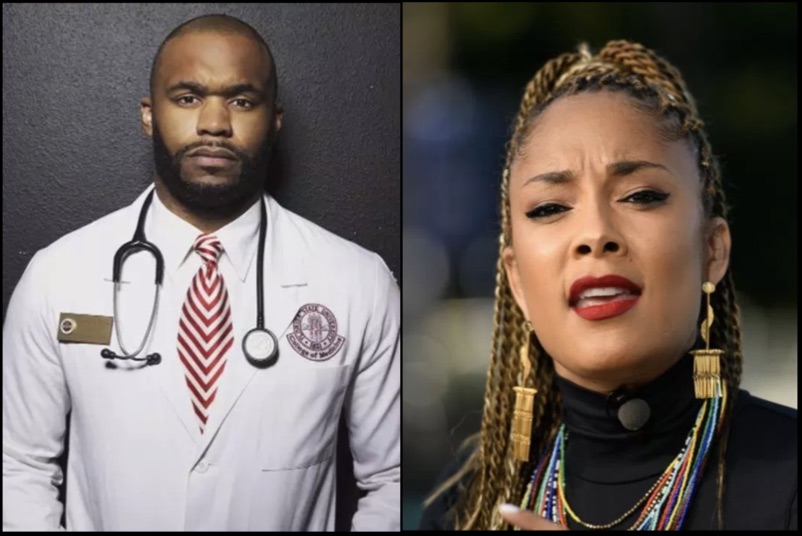The fifth installment of the iconic Shaft franchise premiered this weekend nationwide. While fans instantaneously know what it means when they hear the bass drop from the iconic “Theme from Shaft Song” written and composed by the late, great Isaac Hayes. The 2019 film is something different.
While Richard Roundtree and Samuel L. Jackson reprise their roles as John Shaft Sr. and John Shaft II respectively; a newcomer – Jessie Usher – appears on-screen as John “JJ” Shaft Jr. Three generations of Shaft men, fighting for justice the only way they know.
Prior to the premiere, BSO sat down with director Tim Story to discuss the legendary franchise and what he hoped to convey in the film.
First, congrats on the film.
Thank you so much.
This is such an iconic franchise. What did it mean to you, to have the opportunity to direct this installment?
All I can say is I’m honored to do it. This franchise has gone on for more than fifty years. So to get the latest installment…When you have someone like Samuel L. Jackson already attached, and Richard Roundtree, you kind of have a head start. Then I get an amazing script by Kenya Barris. I just knew I had the tools to make a really good film. The stakes were high, and there was some nervousness. But at the same time, I only do films I think I can bring something to. I’m really proud of this movie and I hope the audience is too.
It’s a great film. What did it mean to you, to have the “local” knowledge of Sam and Richard on set? They are the only two men to have played a Shaft character.
It kind of feels like you’re protected. You know? The great thing is, Sam always knows where to go with the character, as well as Richard Roundtree. They knew what to do. So you could create this world around them, and you knew no matter what, they were going to be authentic to the characters. So it gives me a foundation to do my thing on, because I always know, no matter what humorous situations I want to create, no matter what action, them [Jackson and Roundtree] inside of it are going to work authentically. So, I had a lot of protection, and a lot of confidence that we could do something that would be worth seeing.
Even though the movie has all the jokes, and it’s an action film as well, filmmaking is still part ideology in many ways, right? Was there any kind of message you were trying to get across in the film?
One of the things I always like to deal with is family. Whether it’s blood or association, there is a family, and families have to take care of themselves. I think in today’s world you can get lost. It’s such a big world and I think when families stick together, respect one another, and continue to learn from one another, society will be better. I’m strong on that point. I think with this film, if people get my message, it’s that family counts.
Continuing on the family theme. How important was it to have on-screen representation of three generations of black men, who in particular are some version of law enforcement? Given today’s climate was that a thought in your mind?
Wow. Great question!
Yes, you know as you said I knew there would be representation of law enforcement. Former cops, someone now in the FBI. I think to a certain degree it’s fun to think that these guys are out there, because they do know right from wrong. At the end of the day before they became private investigators, they had a way about law and order. You kind of feel like no matter how they choose to deal with criminal activity, you know they are coming from the right direction. I think that’s what makes them, in my opinion, even stronger. Because behind it is fairness.
The first film in this franchise came out in 1971, we had a couple of sequels not too long after, then a large gap of time before the Sam Jackson installment and now 19 years later, this installment. How difficult is it to incorporate chunks of time into storytelling? You kind of had to clean up a couple of things. Mainly Roundtree’s Shaft as Jackson’s father, not uncle. How do you work around that?
That’s exactly it. We knew we wanted to make a generational film, and when we got to this point we said look, it has to be a grandfather, father, and son. Sam was the one who came up with the way it’s explained in the film, and you know in the Black community and probably many communities there are many situations like this, that are realistic. So we found a way to explain it and it allowed us to have our cake and eat it too.
When it came to this film and my work, I used whatever made sense to keep that feel from the original film. Things like them swinging into the window, just like the first movie. You love it when you can pull off that kind of stuff.
You mentioned call backs to certain things in earlier movies. It wasn’t the same actor, but was the decision to cast Method Man a reference to Busta Rhymes being cast in the 2000 film?
[Laughter] I was just looking for the right actor in that role. It wasn’t about, let me find a rapper. It was more about who would make sense. First of all, I got Method Man, which is great. Second, it just seemed right. If Shaft was going to talk to a certain individual in this movie, in this position, it would be somebody cool like Meth.
One of the challenges of any creative in the current climate is to have their sensitivity hat on. In terms of not wanting to offend, but at the same time this is an art making process. If you go back to the original movies in the 70s and even the 2000 film, some people might say that this isn’t how you should talk to women. The language the innuendo. Were there any challenges in terms of that?
I think when you are authentic and make it real, audiences appreciate that. I also know we live in a sensitive climate. But, as long as I had someone who represents the other side. If Shaft says something edgy, we had someone there to challenge him. As long as we did that throughout, Shaft could be Shaft, and whoever that person to combat him was, either Regina Hall or Jessie Usher, we could have that dialogue. Then I think it makes it more of a conversation, instead of me saying this is right or this is wrong. I made it a point to not to do that often, if any. Our sensitive time deserves discussion, debate, and reflection and that’s what I tried to do in the movie.
One of the big things that underscores this franchise is the Isaac Hayes soundtrack. How important was it to get permission from Hayes’ son to use music from the vault that we’ve never heard?
Extremely important. In inheriting this movie, I get the greatest theme music in film history. As soon as I put it on and there is a cape that goes over you, and it allows for that person to become all that they are…
While Tim is answering we are interrupted by Regina Hall who plays Maya Babanikos, John Shaft’s II ex-wife and mother of JJ. Hall wants to greet Story and share an embrace. She jokes “Oh, you don’t want me to say anything right? I know, he [me] is writing a story.” She playfully teases and winks as she leaves us to finish the interview.
That’s my girl. She’s great!
She is. Well, now that she just came by, how great was it to have Regina on set? You have Sam, Regina, Richard on set, these are the heavyweights in our…I want to say our culture but forget that. In the industry in general.
Yeah! It was the best. When you walk into this war we call filmmaking and you have soldiers like Regina, Sam, Richard, Alex (Alexandra Shipp) and Jessie you can combat anything. You know it will come across authentic, and there will be humor, and some drama. To have that group of actors affiliated with this film and being able to help me present the new Shaft, I’m one of the luckiest guys in the world.
Following up on someone like Regina. She’s so talented and is now getting her due. But she’s always been good. Why has it taken so long? Is it just about opportunity?
The great thing about Regina is, she’s got it. When you have it, for whatever reason, it may take longer than some. But what’s great is you know that this woman will be around until she can’t breathe anymore. She’s going to be on-screen. At the end of the day, talent wins out. If you’re able to stick around you’re going to get your due. Now that she’s starting to get it, I like to say, I’ve always seen it. Hopefully I’ll be there, in a positive way, to exploit it for the rest of my career.
Any thoughts about additional Shaft movies in the future?
I would love to do another movie. I would love to bring these characters back, but the audience has to vote and give me the opportunity to do so. But we’ve got ideas to keep it rolling.
We are sitting outside the famed Red Rooster restaurant in Harlem. How important was it for Harlem to maintain its central role in this story? It’s as much a character as any person in this film. How was it to get some external shots done and work with the people in and around the neighborhood?
We had to come here and shoot, it was so important. Shaft is the King of Harlem as you might say. We knew we had to be here. When it comes down to Harlem being a character, that was always the point. You had to breathe it and live it. Let the people be who they are. Luckily we got a chance to come here, shoot on the streets with Sam, him walking in the duster. It was exciting to be here, and the people make it feel like home. It was great to be able to do this.
Tim, thank you for your time.
Thank you. I appreciate it.












